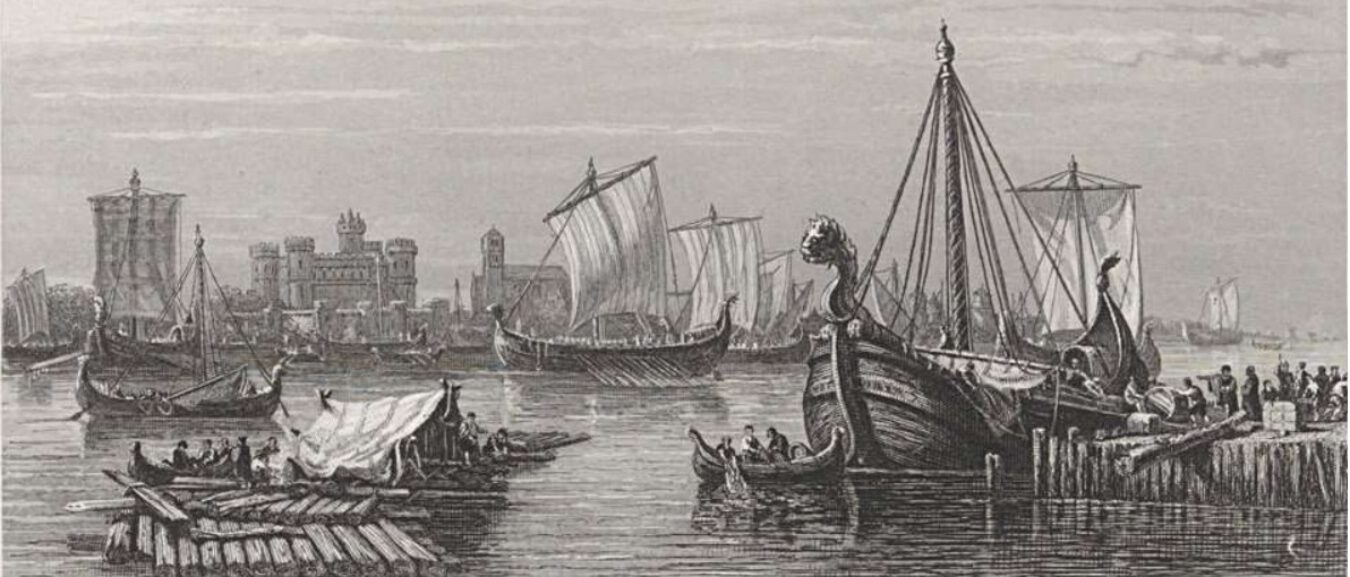The Germanic gods were a group of deities worshipped by the Germanic peoples, who lived in parts of Europe during the early Middle Ages. The most well-known of these gods come from Norse mythology, which was recorded in sources such as the Poetic Edda and the Prose Edda. Here are some of the major Germanic gods and what they represent:
- Odin – the Allfather, who is associated with wisdom, knowledge, magic, and poetry. He is also the god of war and death.
- Thor – the god of thunder, fertility, and strength. He is often depicted wielding his magical hammer Mjolnir and riding a chariot drawn by goats.
- Freya – the goddess of love, fertility, and beauty. She is also associated with magic and divination.
- Loki – the trickster god, who often causes mischief and chaos. He is a shape-shifter and a master of disguise.
- Tyr – the god of war, justice, and the law. He is associated with courage, honor, and sacrifice.
- Hel – the goddess of the underworld, who presides over the souls of the dead. She is often depicted as half-alive and half-dead, and is associated with decay and darkness.
- Frigg – the goddess of marriage, fertility, and motherhood. She is also associated with divination and prophecy.
These are just a few of the many Germanic gods that were worshipped by the ancient Germanic peoples. Each god had their own specific attributes and powers, and they played an important role in the daily lives and beliefs of the people who worshipped them.
Germanic/Norse gods

